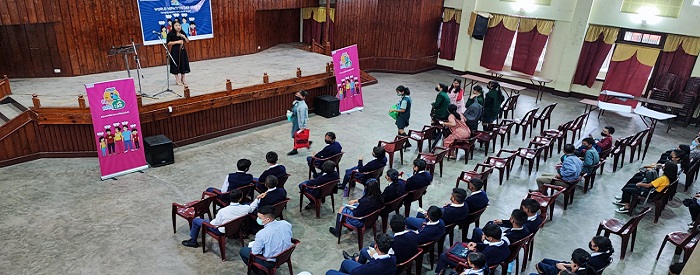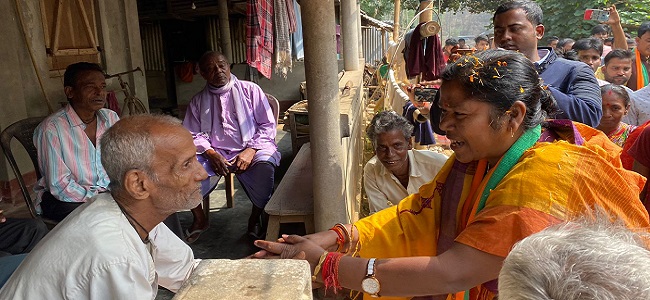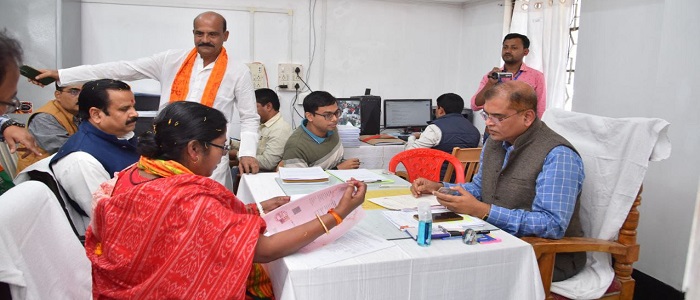Guwahati: To achieve the elimination of viral hepatitis within evolving health systems, Durex-led “The Birds and Bees Talk” (TBBT), a purpose driven initiative supported by Reckitt and Plan India, recently hosted dedicated workshops for community, students, and teachers in the six states of Northeast – Sikkim, Arunachal Pradesh, Nagaland, Meghalaya, Manipur, and Mizoram.
Aimed at highlighting the need to bring hepatitis care closer to the communities, the workshops saw participation from bureaucrats, public health professional, influencers, and artists to raise awareness about the disease.
Observed each year on 28 July to raise awareness of viral hepatitis, World Health Organization (WHO) and other global organizations have been drawing attention to the urgency of efforts needed to eliminate hepatitis as a public health threat by 2030.
To create awareness on the viral hepatitis and encourage preventive measures to curb the virus, the emphasis was on the 5 pillars of TBBT (Awareness, Consent, Protection, Equity and Inclusion).
Through the initiative, TBBT aims to encourage adolescent to take action, make them aware of the deadly disease – risk factors, early signs, etc. and share relevant information on preventive measures.
Ravi Bhatnagar, Director External Affairs and Partnerships SOA, Reckitt said, “Hepatitis is a global outbreak which can be prevented with right knowledge and precautionary measures. Through the Durex led The Birds and Bees Talk, we aim to empower the adolescents and youth with right information to take informed decisions leading to healthy lifestyles for a better, safer, and healthier future. These workshops are an endeavor to further our efforts and empower communities in the Northeast states through focusing on protection by raising awareness amongst youth.”
Mohammed Asif, Executive Director, Plan India stated, “With one person dying every 30 seconds from any hepatitis related illness, we cannot wait to act. We believe that adolescents and young people must be enabled, equipped and empowered to participate in their own development and therefore raising their awareness on hepatitis related illnesses is an important public health intervention.”
Designed to enhance awareness and empower adolescent from vulnerable communities with right knowledge and preventive measures about the disease, the workshops saw participation from senior delegates who deliberated on concerns over prevalence of Hepatitis in India, especially in Northeast states.






